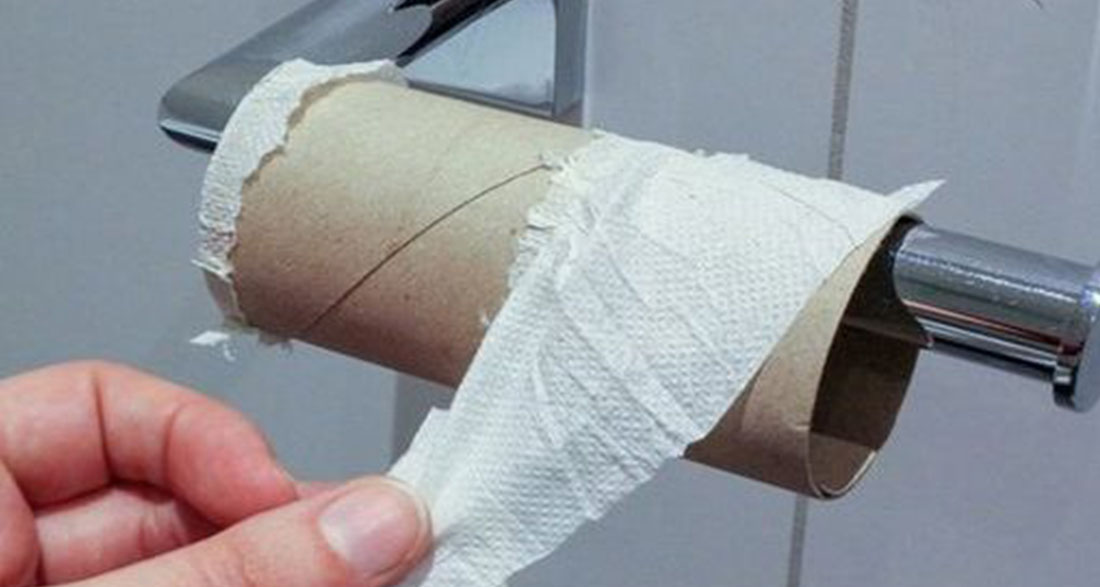The Future of Toilet Paper: Changes Ahead Due to Environmental and Health Concerns
Toilet paper is something most of us use every day without thinking twice. But recent discussions are questioning whether it might disappear from store shelves in the near future. Why? Environmental and health concerns are driving people to reconsider their bathroom habits. Are we really nearing the end of toilet paper as we know it?
The Environmental Impact of Making Toilet Paper
Toilet paper has been around since the mid-19th century, thanks to Joseph Gayetty, who first invented it. Since then, it’s become a staple in households all over the world. But making toilet paper has a big impact on the environment. Every year, millions of trees are cut down to produce it, which contributes to deforestation and pollution. This raises the question: Is our daily convenience worth the damage to the planet?
Health Risks Linked to Toilet Paper
Beyond environmental concerns, there’s growing evidence that toilet paper may not be as safe as we think. A study from the University of Florida found that some toilet papers contain harmful chemicals like BPA and chlorine. These substances can cause serious health issues, such as reproductive problems and even certain types of cancer. The situation is particularly worrying in France, where contamination levels in toilet paper are notably high.
Eco-Friendly Alternatives: A Cleaner, Greener Future
As awareness of these issues grows, more people are looking for eco-friendly alternatives. One popular option is washing with soap and water, which is not only more hygienic but also better for the environment. Bidets, which are common in Japan, are also gaining popularity elsewhere. Modern bidets come equipped with water jets and dryers, offering a sustainable and clean alternative to toilet paper.
The Rise of Reusable Toilet Paper
Another innovative option is reusable toilet paper. This might sound strange at first, but it’s actually quite simple. Reusable toilet paper is made from washable materials like cotton. After use, it can be washed and reused, drastically cutting down on waste. While it might seem unconventional, reusable toilet paper is an eco-friendly choice that’s catching on with those looking to reduce their environmental footprint.
Changing Habits: Will People Make the Switch?
Switching from toilet paper to alternatives isn’t just about finding the right product—it’s also about changing deeply ingrained habits. To help people make the switch, it’s important to raise awareness and make these alternatives more accessible. Educational campaigns that highlight the hygiene and environmental benefits of these options are crucial to encouraging widespread adoption.
The Cost of Going Green: Economic Considerations
There’s also an economic side to consider. Installing a bidet or purchasing reusable toilet paper can be expensive upfront. However, these investments often pay off in the long run by eliminating the need for disposable products. Consumers and policymakers will need to weigh the costs and benefits to find a solution that balances sustainability with economic feasibility.
Public Infrastructure: Adapting to New Toilet Solutions
It’s not just individual households that need to change—public spaces will need to adapt too. This could mean updating infrastructure in public buildings, particularly older ones, to accommodate new toilet solutions. Although this will require a significant investment, careful planning can ensure these facilities are accessible and well-maintained, making the transition smoother.
The Role of Government: Encouraging Sustainable Choices
Governments can play a big role in promoting alternatives to toilet paper. Through tax incentives, subsidies, and regulations, they can encourage the use of bidets and reusable paper, helping to overcome economic barriers and drive significant changes in consumer behavior. These measures can make it easier for everyone to adopt more sustainable practices.
Looking Ahead: Toward Better Hygiene and Sustainability
The debate over toilet paper and its alternatives is part of a larger conversation about public health, sustainability, and overall well-being. By exploring these options, we can reduce our environmental impact while also improving hygiene standards. The future might just be cleaner and greener—without toilet paper.


